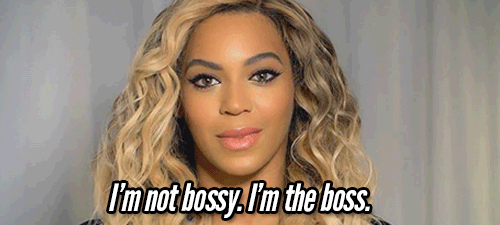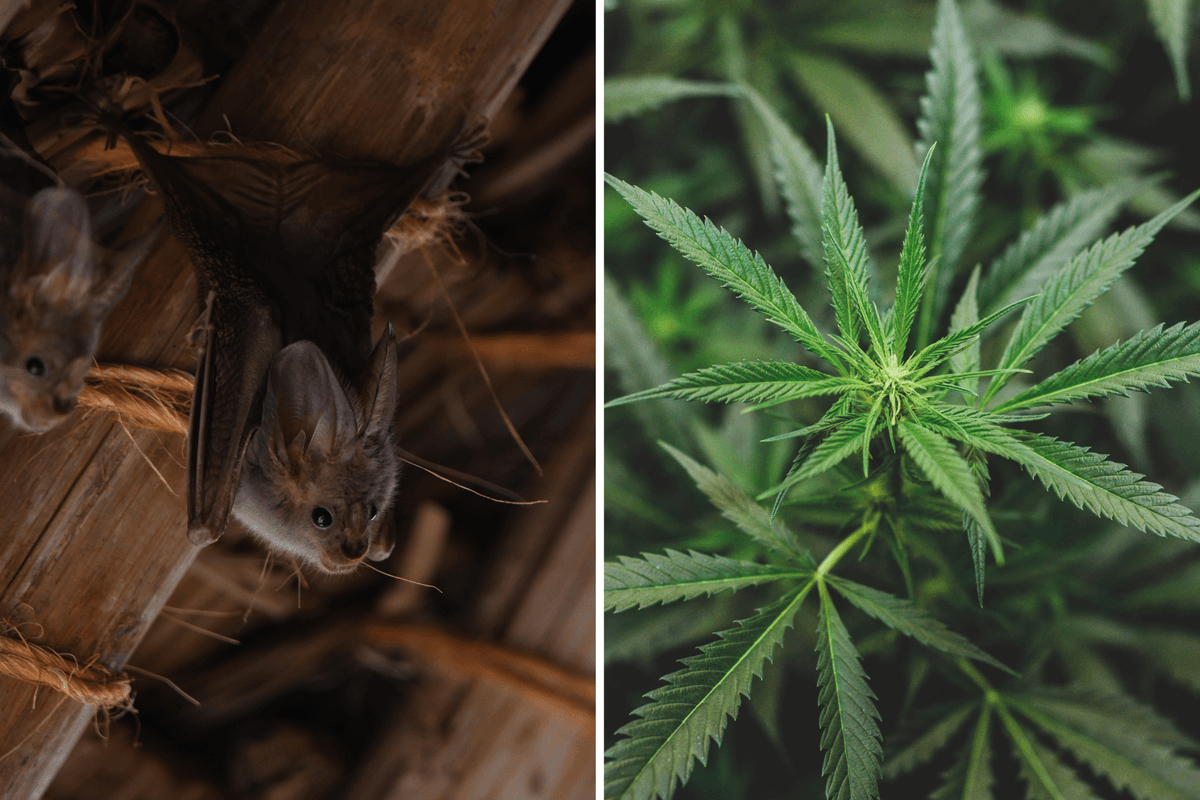Viral
Mimi Launder
Oct 08, 2017

Picture:
iStock / serts
Shakespeare called it: 'The fool doth think he is wise, but the wise man knows himself to be a fool.'
This is the Dunning-Kruger effect: the best among us often seem to think the worst of themselves - and that works the other way around too.
The more incompetent you are, the smarter you think you are; the worse a doctor's patient-interviewing skills, the less likely they are to recognise their own shortcomings; and even bad drivers think they're above-average.
Now it turns out introverts - who tend to be passive, quiet and deep thinkers- would make great leaders, even though most of them think they would crumble under the pressure, according to new research.
It is accepted that introverts occupy fewer leadership positions than extraverts.
This is partly because introverts believe they would be miserable in a position of power.
Extraverted personality traits - being dominant, confident and persuasive, for example - are also seen as more 'leader-like'.
But studies have identified leadership situations where introverts actually outperform extraverts - for example, within proactive teams and as leaders who focus on growth and well-being in their teams.
There is more good news for introverts weary of leadership: research indicates your fears are most likely exaggerated and that there's no reason you can't also engage successfully in 'extraverted' behaviour.
So put those deep-thinking skills to the test, introverts, and reconsider that leadership position.
HT Quartz
More: People who are annoyed by bad grammar have an important quality
Top 100
The Conversation (0)













